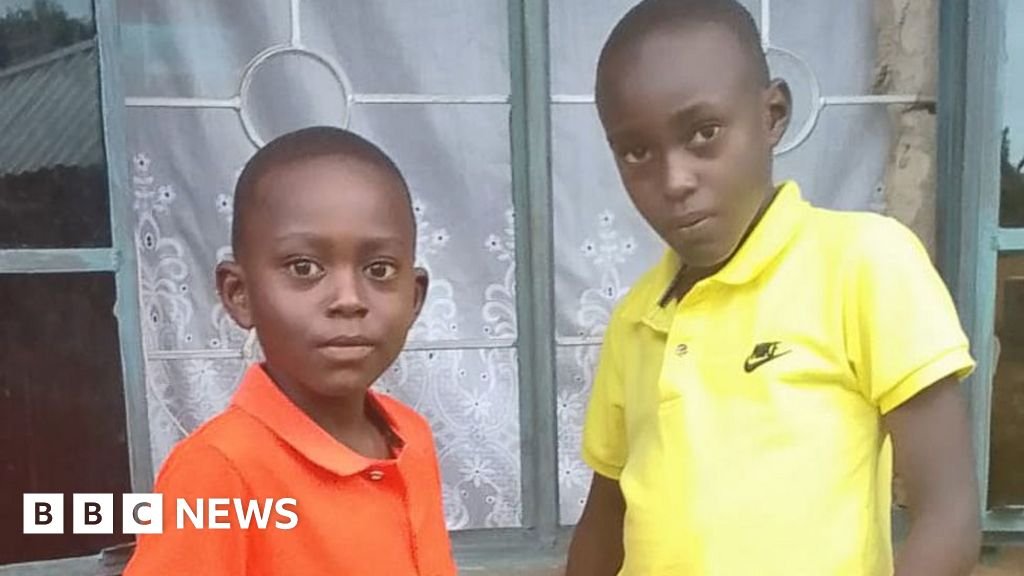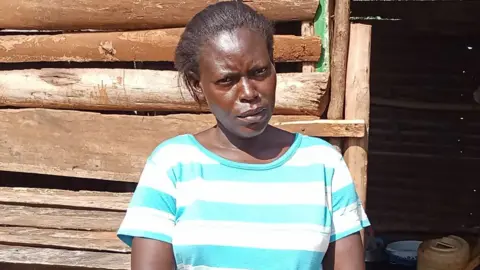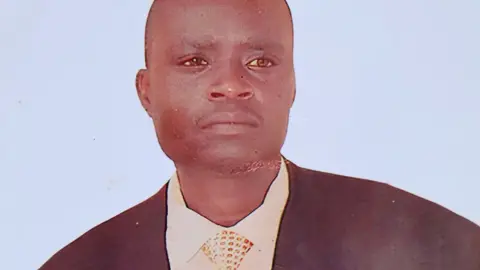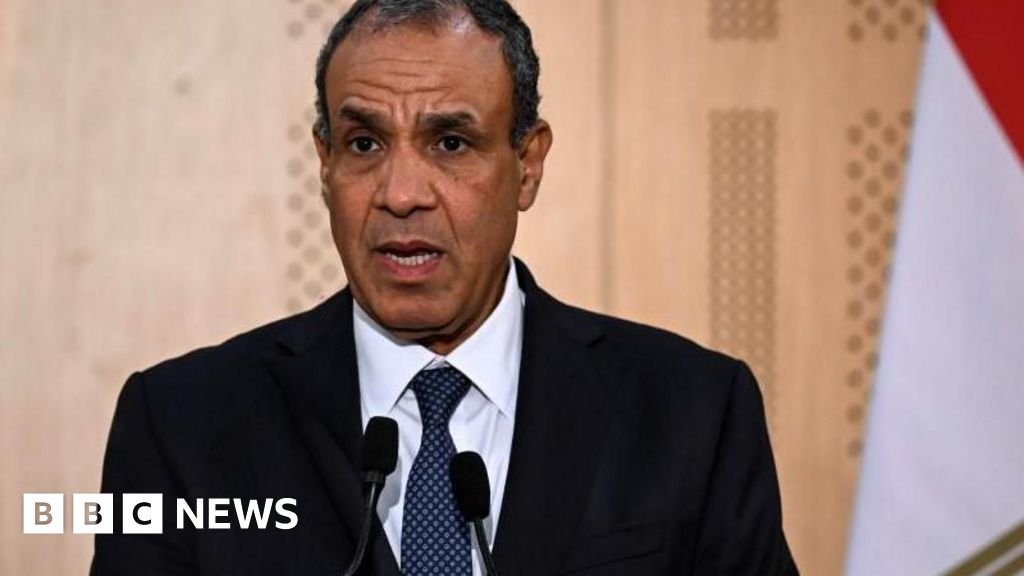Mother awaits DNA results on unearthed remains

 Carolyne Odour
Carolyne OdourCarolyne Odour has told the BBC she desperately fears for fate of her two young sons who went missing two months ago with their father – a follower of the teachings of a notorious starvation cult leader.
Ms Odour says that amid an ongoing investigation into more deaths linked to the cult she has identified her husband’s body at a mortuary in the coastal town of Malindi.
His corpse was found in July in the village of Kwa Binzaro, inland from Malindi and near the remote Shakahola Forest, where more than 400 bodies were found in 2023 in one of the worst ever cases of cult-related mass deaths.
Ms Odour is now awaiting the results of DNA tests being carried out on more than 30 recently unearthed bodies.
“I felt pain. I barely recognised him. His body was badly decomposing,” Ms Odour, 40, said about her husband Samuel Owino Owoyo.
She believes her sons, 12-year-old Daniel and nine-year-old Elijah, travelled with their 45-year-old father to Kwa Binzaro at the end of June.
Self-proclaimed pastor Paul Mackenzie is currently on trial over the so-called “Shakahola Forest Massacre” – and has pleaded not guilty to manslaughter.
He is alleged to have told his followers they would get to heaven more quickly if they stopped eating – and there have been concerns he has been in touch with his followers from jail.
Ms Odour says her husband started listening to the teachings of Mr Mackenzie four or five years ago.
“He changed and he didn’t want the kids to go to school,” she said. “When the kids would fall ill he’d say that God would heal them. He really believed those teachings.”

His change in opinion on formal education and medical interventions caused friction between the couple, who had six children together at their home in Mudulusia in Busia county, western Kenya, near Lake Victoria.
“The teachings didn’t make sense to me,” Ms Odour said. “When a child is sick, yes I believe God can heal them, but I also know that when a child is sick you take them to hospital.”
Two months ago on 28 June, the situation took a turn for the worse when her husband went off with their two youngest sons.
“He told me he was going to his home village [of birth],” Ms Odour said. “The last phone call we had he told me, ‘We have gone, God be with you.’ And I told him, ‘Have a safe trip.'”
But Ms Odour started to get suspicious when he did not contact her again.
She later found he had not gone to his parents’ village in Homa Bay county, which is also near Lake Victoria, around 200km (125 miles) south of Mudulusia.
Retracing his steps, she discovered that he had taken a bus from their home in Busia county and travelled with the boys more than 900km east to Kwa Binzaro in Kenya’s Kilifi county.
She informed the police and urgently put out word through various networks in an attempt to find them.
A few weeks ago she got a call saying someone who matched her husband’s description was in the Malindi mortuary.
It was a devastating blow.
Ms Odour travelled to coastal area on 19 August to confirm her husband’s death for herself.
She was told his body had been found in Kwa Binzaro village on 19 July during a police raid organised because of reports of suspicious disappearances.
Police said he had been discovered in bushes near a house suspected to be linked to the starvation cult and appeared to have died by strangulation.
It is alleged that some victims of the massacre were strangled if they took too long to starve to death.
Following an investigation by Kenya’s Office of the Director of Public Prosecutions, 11 people were arrested in connection with the case, including three who were followers of Mr Mackenzie.
A search for more bodies began on 21 August. So far, 32 bodies have been exhumed and more than 70 body parts found scattered in the forest.
For Ms Odour, it has been a horrifying process to witness.
“You see bodies being exhumed, and you don’t even know the condition of your own children,” she said. “It’s very painful.”

Dr Raymond Omollo, a senior civil servant in the Ministry of Interior, told the BBC that the government intended to introduce tougher laws to tackle religious extremism and radicalisation in the country.
“We are working on a bill, the religious bill, to be able to at least have certain parameters for a religious organisation – does it have a constitution? Who are the leaders? What kind of qualifications do they have?” he said.
He believes this will help ensure such groups are more responsible.
The exhumations near Kwa Binzaro have been temporarily suspended as homicide and forensic experts prepare to examine the remains found so far.
For residents in the area, the most recent investigation has not only shocked them but made life difficult as the forest is a vital resource for them.
“We depend on the forest for firewood and charcoal,” George Konde, from Kwa Binzaro, told the BBC. “Now because of what happened there were not allowed to go in. They need to comb the whole forest and put a stop to these cults once and for all.”
Ms Odour continues her agonising wait to learn the whereabouts of her two sons.
“I was looking forward to one of my sons going to grade 7 and the other grade 4,” she said. “Every time I see a child wearing uniform I feel pain because of their absence. I don’t know how they are doing.”
You may also be interested in:
 Getty Images/BBC
Getty Images/BBCDiscover more from News Hub
Subscribe to get the latest posts sent to your email.








